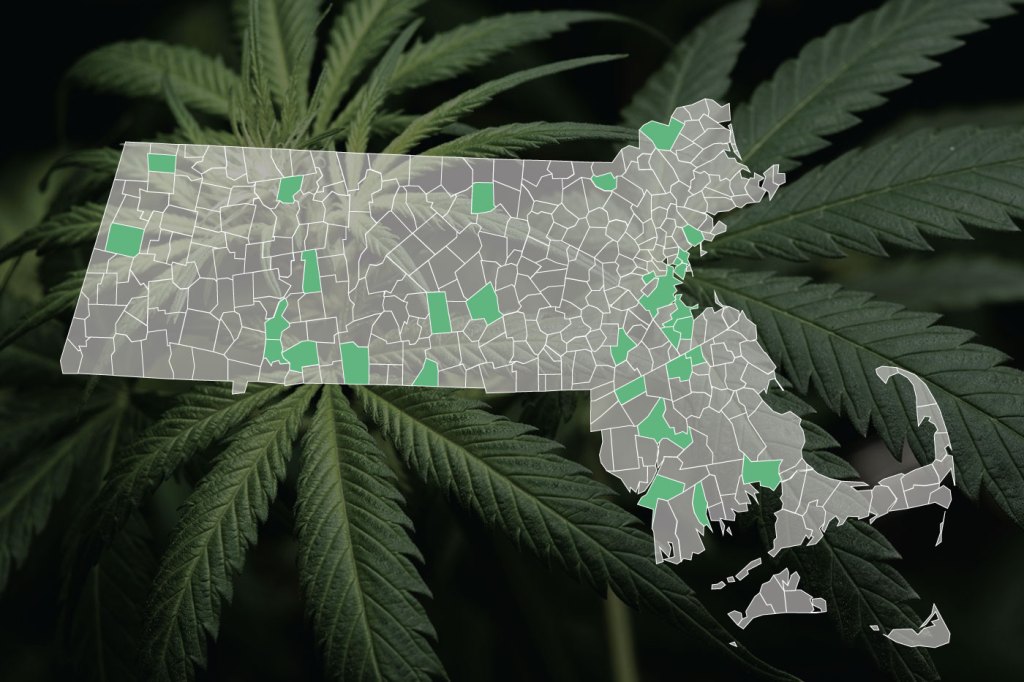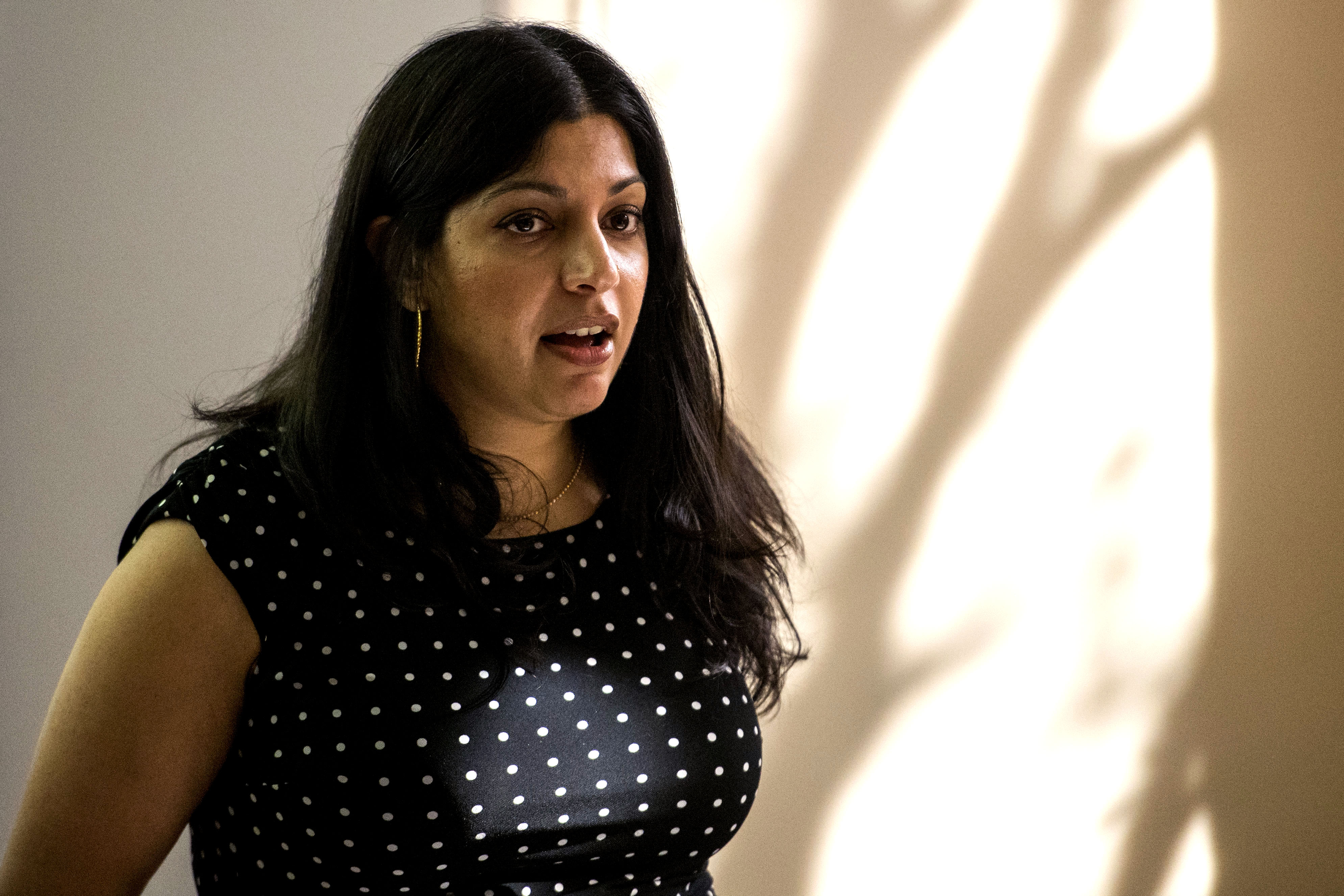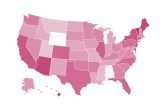Social justice baked into the laws regulating Massachusetts’s budding marijuana industry

As Massachusetts prepares the framework for legal marijuana businesses, the state is trying to address a disparity in the way authorities used to apply anti-drug laws.
The Massachusetts Cannabis Control Commission is acknowledging in its regulations that people of color and residents of poorer neighborhoods have been targeted for drug enforcement at higher rates than people who are white and of wealthier means.
Cities with the most arrests and convictions under marijuana laws are being given a break
As part of the commission’s plan, marijuana business applicants who have been unfairly subjected to these disparities will become part of the commission’s Social Equity Program. The program offers people a variety of benefits, including employee training courses and help raising money to get their businesses off the ground.
The plan’s foundation was informed by research in Northeastern’s School of Law. First-year law students in the Legal Skills in Social Context program researched how existing legislation in other states has prohibited certain communities from participating in the newfound legal marijuana industry.
The first-year law students partnered with the THC Staffing Group, an organization committed “to closing the gap between America’s rapidly growing cannabis industry and diverse, qualified employment candidates.” Shaleen Title, a member of the Cannabis Control Commission, founded the THC Staffing Group and worked with students in the Legal Skills in Social Context program to conduct research focused on racial equality in cannabis legalization.
According to the Drug Policy Alliance, a nonprofit organization whose mission includes decriminalizing responsible drug use, nearly 80 percent of people in federal prison for drug offences and almost 60 percent in state prisons are black or Latino, despite the fact these groups use and sell drugs at similar rates to whites.

Shaleen Title, Cannabis Control Commissioner of the Commonwealth of Massachusetts speaks to students in Dockser Hall on April 18, 2018. Photo by Matthew Modoono/Northeastern University
Allowing people with a record of marijuana-related violations to take part in the legal pot industry is a first for states that have legalized marijuana, according to Leo Beletsky, associate professor of law and health sciences at Northeastern.
“The concept of using marijuana reform as a vehicle for restorative justice is not new,” he said, “but what Massachusetts is trying to do is relatively unique. This is because the commission has been deliberate in foregrounding restorative justice, public health, and social justice goals as part and parcel of how the industry will be structured.”
The commission identified 29 municipalities in the state that have had historically high rates of arrest, conviction, and incarceration related to marijuana crimes.
This month, the commission began taking applications from “economic empowerment applicants,” who represent companies that are led by, employ, or benefit these communities.
These applicants will get the first crack at approval. Or, as Title described it, “We’re giving priority to businesses that have done the right thing.”
Title, who this week served as a guest lecturer in Beletsky’s class, has been involved in the marijuana legalization movement for more than a decade.
She lauded the people who appointed the commission members, saying they brought a wide-range of expertise to the table. Her focus on social justice was the driving force behind the regulations that seek to level the playing field.
“This was very important to me,” Title said. “Without this focus on social justice, I wouldn’t have been appointed.”





